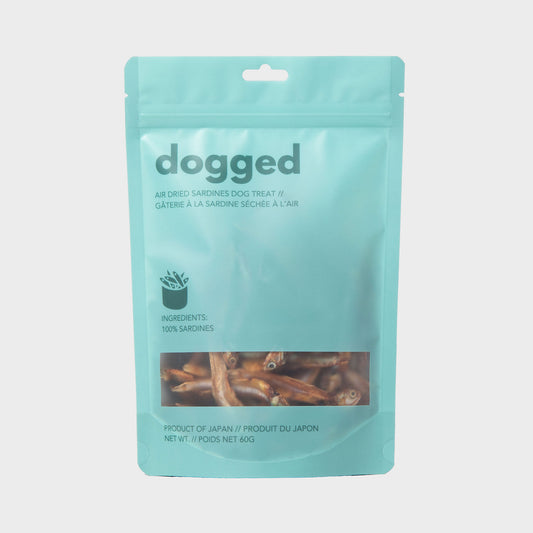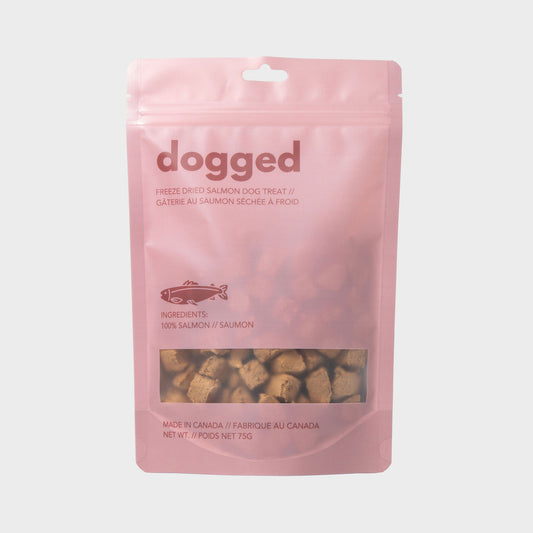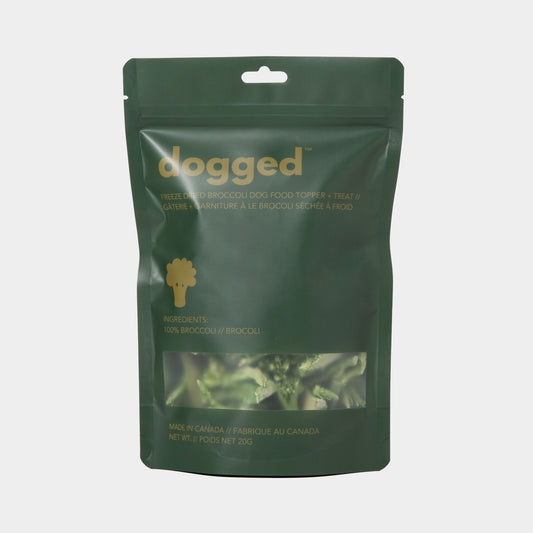
Can Dogs Eat Eggs? A Comprehensive Guide for Pet Owners
Eggs have long been a breakfast staple for humans, but many dog owners wonder if this versatile food is safe for their furry companions. The short answer? Yes, dogs can eat eggs, but there are important considerations to keep in mind. In this article, we'll explore the nutritional benefits, potential downsides, research on egg consumption for dogs, and the best ways to prepare eggs for your pup. We'll also dive into the benefits of eggshell membranes—a less commonly discussed but highly nutritious part of the egg.
Nutritional Benefits of Eggs for Dogs
Eggs are packed with high-quality protein, essential amino acids, and several vitamins and minerals that support your dog’s overall health. Here’s a breakdown of their nutritional benefits:
- Protein Powerhouse: Eggs are a complete protein, containing all nine essential amino acids. These amino acids are vital for muscle development, tissue repair, and maintaining a healthy coat and skin.
- Vitamin-Rich: Eggs provide vitamins A, D, E, and several B-complex vitamins, which support vision, immune function, and energy metabolism.
- Minerals: They’re an excellent source of iron, selenium, and phosphorus, which aid in oxygen transport, antioxidant defense, and bone health.
- Fats: The healthy fats in eggs can contribute to a shiny coat and provide long-lasting energy for active dogs.

The Benefits of Eggshell Membranes
While most people discard eggshells, the thin layer inside—known as the eggshell membrane—is rich in nutrients that support joint health. Studies suggest that eggshell membranes contain collagen, glucosamine, chondroitin, and hyaluronic acid, which may help reduce joint pain and improve mobility in dogs with arthritis or other joint issues. Including eggshell membranes in your dog’s diet can be especially beneficial for senior dogs or those prone to joint problems.

Potential Downsides of Feeding Eggs to Dogs
While eggs are generally safe and nutritious for dogs, there are a few caveats to consider:
- Allergies: Some dogs may be allergic to eggs, leading to symptoms like itching, gastrointestinal upset, or ear infections. Introduce eggs slowly to monitor for adverse reactions.
- Biotin Deficiency: Raw egg whites contain avidin, a protein that can inhibit the absorption of biotin (a B-vitamin essential for healthy skin and metabolism). However, a dog would need to eat a significant amount of raw egg whites over time to develop a deficiency.
- Calories: Eggs are calorie-dense, so moderation is key, especially for dogs on a weight management plan.
Raw Eggs or Cooked? How to Safely Prepare Eggs for Dogs
One of the biggest debates is whether eggs should be fed raw or cooked. Here’s a closer look at both options:
Raw Eggs
Feeding raw eggs is a topic of contention. While raw eggs retain their full nutrient profile, they also pose a slight risk of bacterial contamination (e.g., Salmonella). If you choose to feed raw eggs, ensure they come from a trusted source, such as free-range or organic farms, and store them properly to reduce the risk of illness.
Cooked Eggs
Cooking eggs eliminates the risk of bacterial contamination and deactivates avidin in the whites. Scrambled, boiled, or poached eggs are safe options, but avoid adding salt, butter, or other seasonings that could harm your dog. Hard-boiled eggs are a convenient choice for on-the-go snacks, while scrambled eggs can be a tasty treat mixed into your dog’s regular meal.

How Often Should Dogs Eat Eggs?
Eggs should be treated as an occasional treat or supplement to your dog’s regular diet. A general guideline is one egg per day for medium to large dogs, and half an egg for smaller breeds. Adjust the portion size based on your dog’s weight, activity level, and overall caloric intake.
Research on Eggs for Dogs
Emerging research highlights the potential benefits of eggshell membrane supplementation for dogs with joint issues. A 2016 study published in the Journal of Veterinary Science found that eggshell membrane supplementation significantly improved joint mobility and reduced pain in dogs with osteoarthritis. Additionally, the high bioavailability of the nutrients in eggs makes them an excellent addition to most canine diets.
Final Thoughts
Eggs are a nutrient-rich food that can benefit dogs in many ways, from promoting a shiny coat to supporting joint health. By understanding how to prepare and serve eggs safely, you can make them a delicious and healthy addition to your dog’s diet. As with any new food, introduce eggs gradually and consult your veterinarian if you have concerns about your dog’s specific dietary needs.





